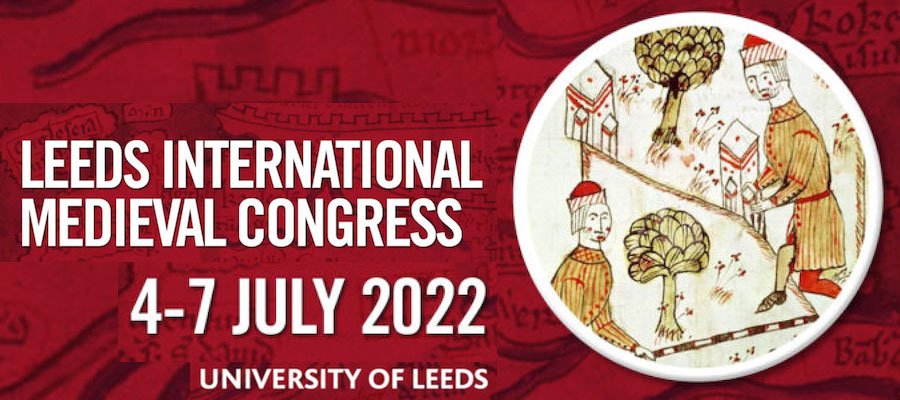Borders in Late Antique, Islamic, Early Medieval, and Byzantine Worlds, 300–1200 CE, session at 2022 International Medieval Congress, University of Leeds, July 4–7, 2022
The IMC's thematic strand of 'borders' is a interesting and ever-evolving topic of discussion in the field of Medieval Studies. It has so many avenues of expression that it invites both broad and specific designations of the term, and scholars have been researching this phenomena for decades. Important questions arise from merely thinking about the theme of 'borders.' How important were 'border's during this period? Why should we study 'borders'? Were they superficial? How did they impact hierarchy, space, society, and foreign relations? What evidence do we have for learning about borders? How does material culture produce or shape our knowledge of borders?
The South West & Wales Late Antique, Early Medieval, and Byzantine Network encourages interdisciplinary collaboration on 'Borders' in the period c. 300-1200 CE. We welcome topics from across literary, historical, art-historical, archaeological, and theological sources. Potential examples include, but are not limited to:
- Political and Social Borders (Migration, Symbolism, Hierarchy)
- Literary and Historiographical Borders (Manuscripts, Literary Traditions)
- Urban and Rural Borders (Settlement, Internal and External Borders)
- Religious Boundaries (State and Church, Disciplines, East vs West)
- Physical and Human Borders
- Borders/Boundaries between Gender/Sex/Class
Session organizers
Alice van den Bosch, University of Exeter
Laura Stops, University of Exeter
Nicola Ernst, University of Exeter
Josh Little, University of Exeter
Sean Strong, Cardiff University
Session sponsor
South West & Wales Late Antique, Early Medieval, and Byzantine Network
